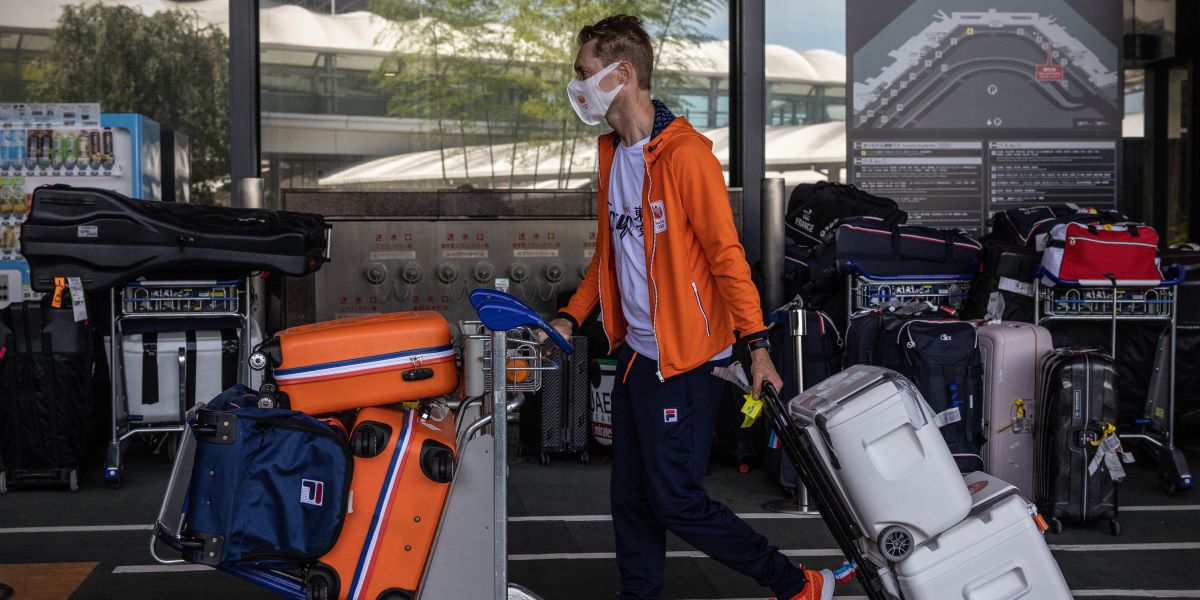The Japanese airline Japan Airlines has announced a pilot project that will allow passengers to rent a set of clothes once they land in Japan: those who use it will be able to travel with lighter luggage, avoiding having to bring their own clothes with them. The service, calledAny Wear, Anywhere” and organized in collaboration with the multinational Sumitomo Corporation, will go on trial for a year, from this July until the end of August 2024.
The stated goal of Japan Airlines is to reduce CO2 emissions per passenger by reducing the weight of baggage. The company claims that traveling with a suitcase 10 kilos lighter along the New York-Tokyo route allows a reduction of 7.5 kilos of CO2 – equivalent to the CO2 emitted if you used a hair dryer ten minutes a day for 78 days. However, there is no type of check on the contents of passengers’ suitcases: it is therefore possible to benefit from the service by continuing to travel with your own clothes and bringing your own luggage.
According to the International Energy Agency, total CO2 emissions from the aviation sector in 2021 amounted to 720 Mt (megatonnes, or 720 billion kilos of CO2). In general, the aviation segment is considered particularly difficult to decarbonise: the use of so-called sustainable aviation fuels (SAF) – fuels obtained from organic materials such as algae or wet waste – is still very limited, mainly due to the prohibitive costs. Despite this, SAFs are still considered the main tool for reducing carbon dioxide emissions deriving from a flight.
In practice, those who use the service will be able to specify the reason for their trip (for example, whether it is for work or for vacation) to receive the most suitable clothes, which can be booked up to a month in advance and used for a maximum of two weeks. Prices, which include the cost of shipping the clothes to the hotel or Airbnb where you live, range from 30 euros for a men’s casual set consisting of three shirts and two pairs of trousers to 45 euros for a selection of women’s formals. On the airline’s website it is explained that the clothes come from inventories or are second-hand.
The data that Japan Airlines will collect over the next thirteen months will be used to evaluate the effectiveness of the project and to decide whether to keep it active or not. Among the most concrete risks is that represented by the carbon shifting (in Italian “displacement of carbon dioxide”): the company could in fact be able to reduce CO2 emissions but the home delivery of clothes, their collection, and cleaning could generate just as much, if not more; in this regard, Japan Airlines told the Washington Post “to be looking for sustainable solutions” to remedy the problem.
There is also the possibility that passengers will use the space they would have used for clothes simply to carry other items, especially on the return journey when they are likely to have bought souvenirs. Furthermore, the current choice of clothes on the Any Wear, Anywhere site is not very imaginative (most colors tend towards beige and brown) and limited, especially as regards the sizes, which seem to be designed for the Japanese market: at man one meter eighty centimeters tall and weighing 90 kilos, the purchase of an XL is in fact recommended.
